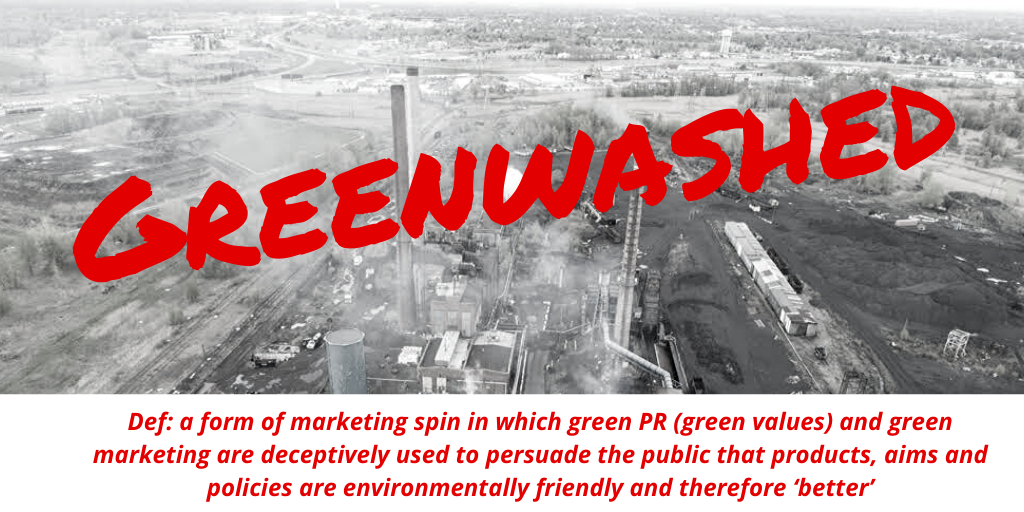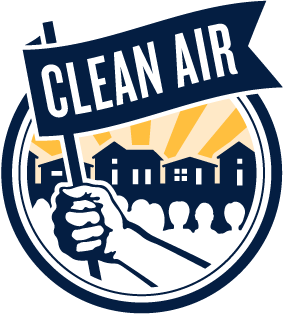Governor Greenwashes Tonawanda Coke Clean Up; Ignores Resident’s Demands for Enforcement and Accountability
 Friday afternoon, the New York State Department of Environmental Conservation (NYSDEC) announced the approval of the Riverview Innovation & Technology Campus’s tax credit application for the Tonawanda Coke site. The announcement came after nearly a year of hundreds of calls, letters and petitions from the community to reject this public giveaway to manage the site’s legacy waste.
Friday afternoon, the New York State Department of Environmental Conservation (NYSDEC) announced the approval of the Riverview Innovation & Technology Campus’s tax credit application for the Tonawanda Coke site. The announcement came after nearly a year of hundreds of calls, letters and petitions from the community to reject this public giveaway to manage the site’s legacy waste. Tonawanda Coke was found guilty in March 2013 of breaking 14 federal laws under the Clean Air Act and the Resource Conservation and Recovery Act. Mark Kamholz was found guilty on the same counts and an additional count of obstruction of justice.
Since the EPA’s enforcement action, there was a reported 92% reduction in benzene from the continuous air monitor at Grand Island Blvd. and a 68% reduction at the air monitor on Brookside Terrace. The company was fined $12.5 million in fines, 5 years of probation, and to pay nearly $12 million for future health and environmental studies. Mark Kamholz was sentenced to 1 year and 1 day in prison for plus a $20,000 fine and a supervised release after serving the term.
In the fall of 2018, the Tonawanda Coke company was found guilty of violating their criminal probation related to a 2014 environmental criminal sentence. Shortly after this verdict, the company’s leadership filed for Chapter 11 bankruptcy. The company ceased operations at the facility on October 14, 2018 and permanently vacated the site. The Environmental Protection Agency is currently on site managing immediate risks to human health and the environment.
“The laws are here to project the people, not to reward the corporate giants and the polluters.” Maria Tisby, Clean Air Member.
